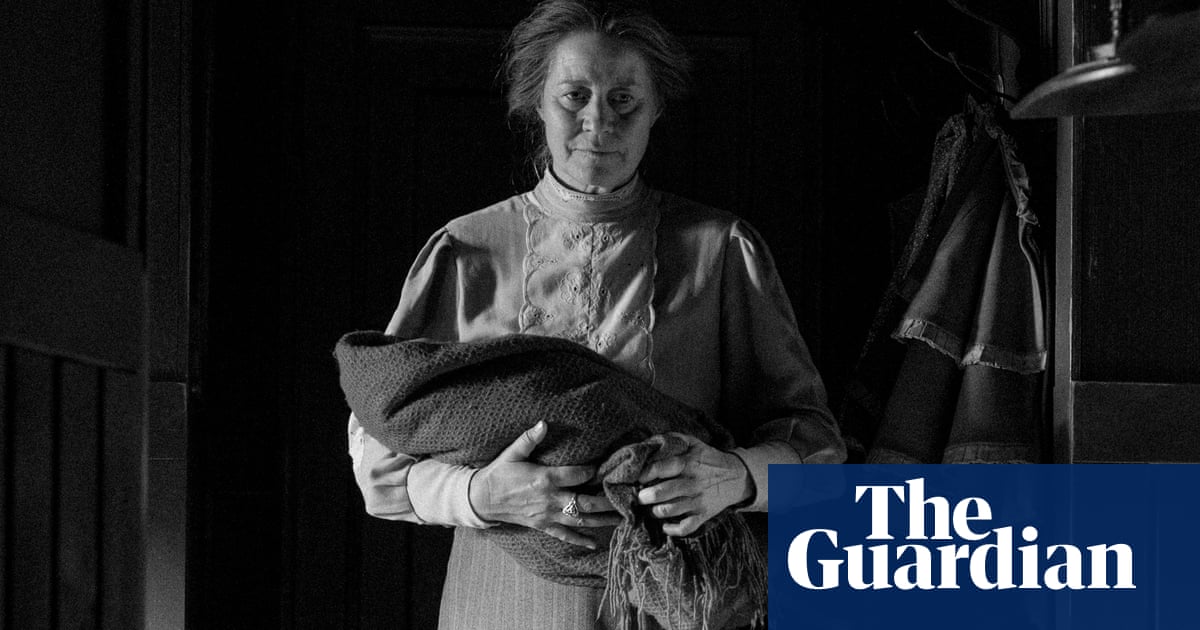The people of Denmark are known for leading a relatively stress-free life, thanks to their efficient system for accessing government services. Each Danish citizen or resident has a CPR (Central Person Register) number that simplifies tasks like banking, tax returns, healthcare, and borrowing library books.
The Guardian’s journalism is unbiased. We may earn a commission from purchases made through affiliate links. Learn more.
This convenience comes with a dark history: Danish welfare services became streamlined after a law was passed in 1924 mandating councils to maintain population records. This law was prompted by a gruesome series of murders by Dagmar Overbye, who killed multiple infants in her care, leading to the need for better record-keeping.
Magnus von Horn’s film „The Girl With the Needle“ is based on Overbye’s crimes and is Denmark’s submission for the Oscars. Despite this, the film is far from the cozy concept of „hygge“ often associated with Denmark.
The movie follows Karoline, a factory worker in post-World War I Copenhagen, and her involvement with Dagmar’s underground adoption agency. As the story unfolds, themes of horror and body mutilation come to the forefront, challenging viewers to confront the characters‘ inner selves.
Von Horn’s approach to horror differs from that of Lars von Trier, known for his more brutal and cruel cinematic style. Von Horn believes that his films, while showing the harsh realities of the world, are ultimately about love and empathy. Im Herzen gibt es immer eine Sehnsucht nach Zuneigung, Nähe oder Akzeptanz. Selbst in den schmutzigsten und ärmsten Hinterhöfen Kopenhagens entdeckt Karoline Zärtlichkeit. Das erste Mal, als sie gezwungen wird, ein kleines Mädchen aus ihrer stillenden Brust zu füttern, weist das Kind sie mit Ekel ab: „Sie stinkt.“ Aber am Ende des Films hat sich eine stumme Vertrauensbindung zwischen ihnen entwickelt. „Es gibt ein großartiges polnisches Wort für diese Art von Beziehung: cielesny“, sagt Von Horn. „Es bedeutet ‚körperlich‘. Es ist nicht ganz organisch, aber es ist uns nahe. Es fehlen Worte. Es ist nicht intellektuell.“ Von Horns ungewöhnlicher Lebenslauf erklärt teilweise seine erhöhte Sensibilität als Regisseur. Im Jahr 2004 traf der gebürtige Schwede die ungewöhnliche Entscheidung, Film nicht in seinem wohlhabenden Heimatland, sondern in Łódź, Polen, zu studieren, das damals noch eine relativ arme Stadt war. „Es gab ein paar Vorfälle von Gewalt und Raubüberfällen, die mich sehr unsicher fühlten ließen“, erinnert sich der 41-Jährige, der jetzt in Warschau lebt. „Ich hasste es dort zu sein. Aber ich fühlte damals, dass das das war, was ich brauchte. In Schweden vermeiden wir Konflikte so weit wie möglich. Wir wollen nicht, dass andere Menschen wütend auf uns werden. In Polen sehnen sich die Menschen fast nach Konflikten.“
